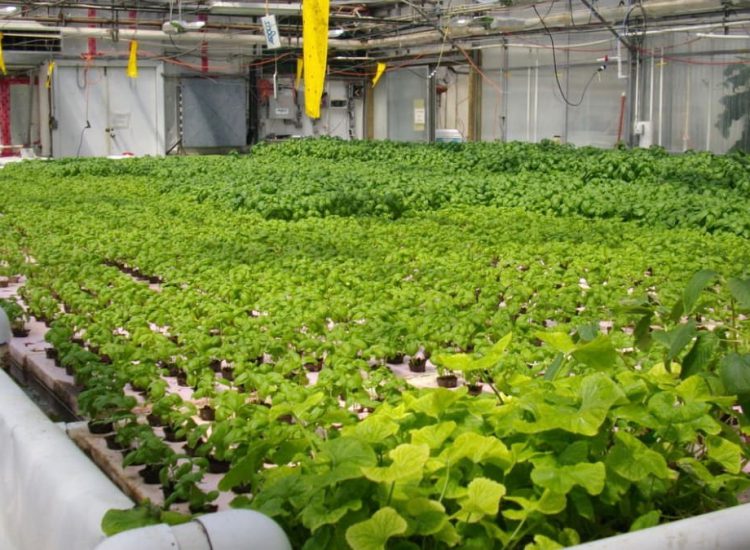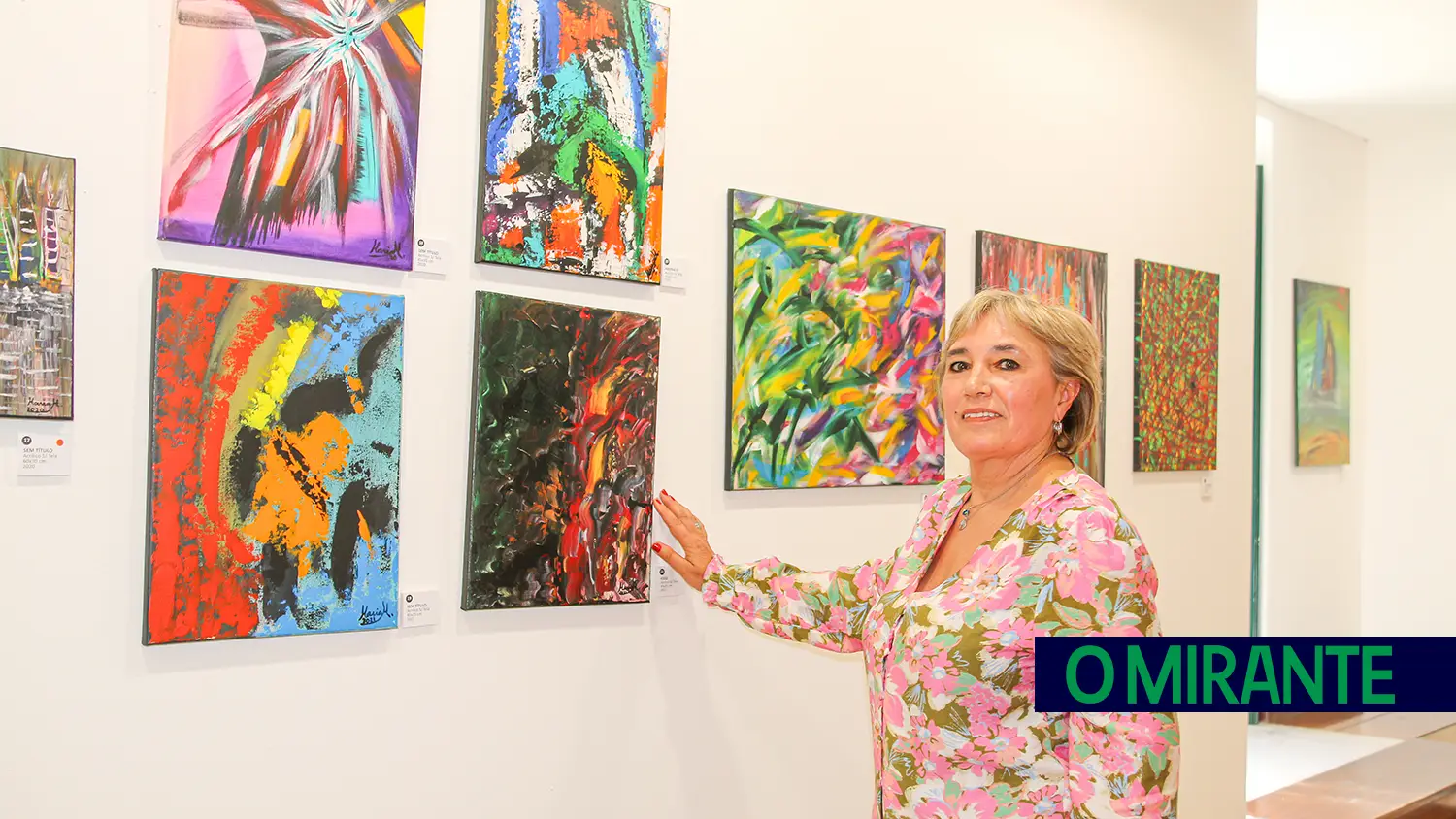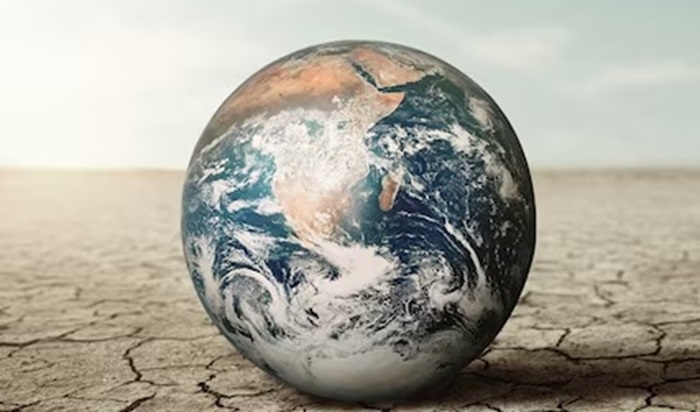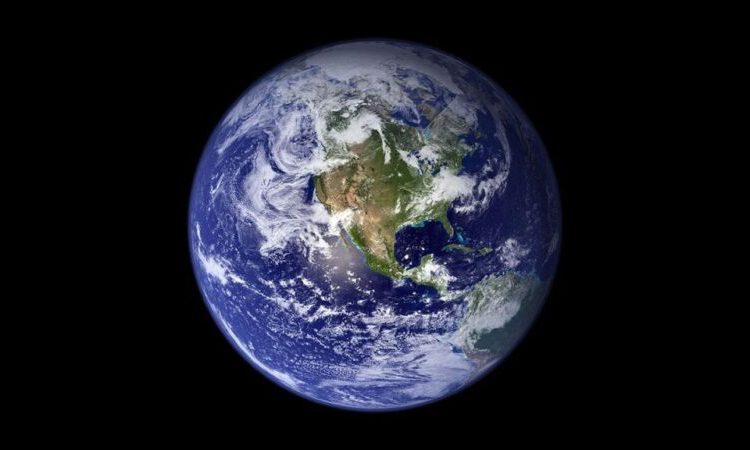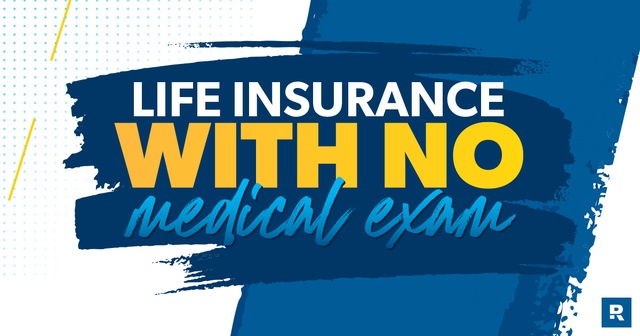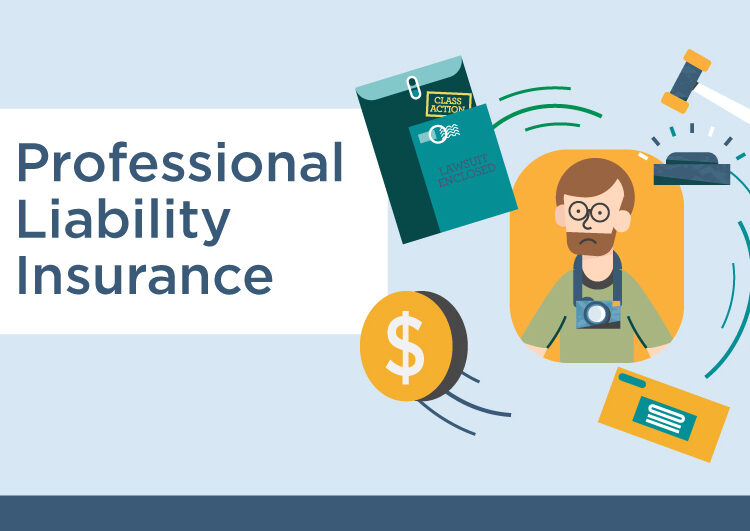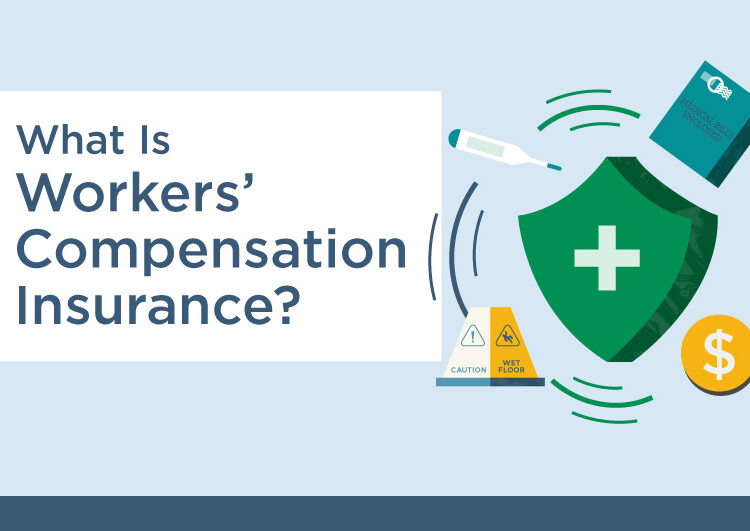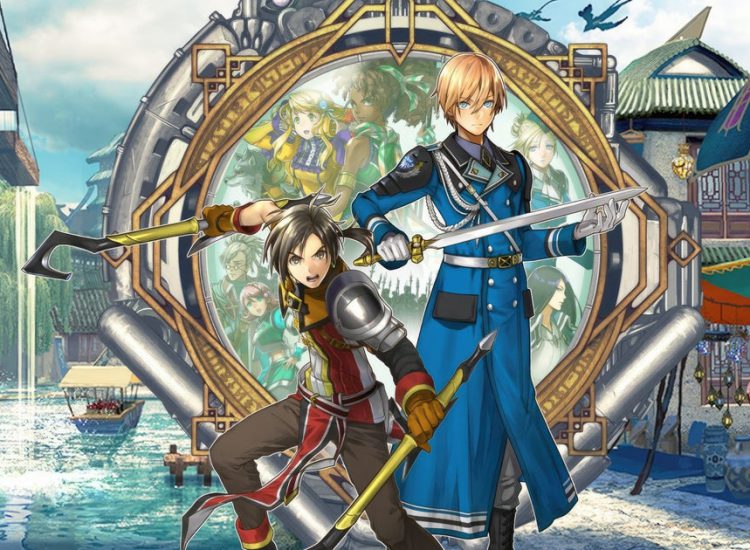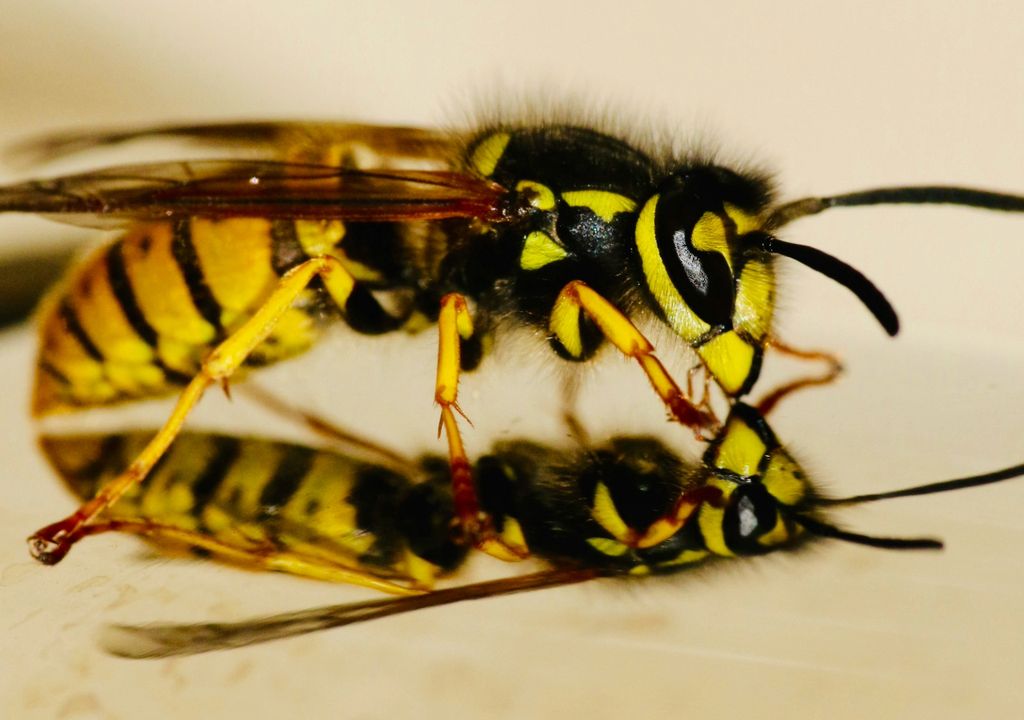
You Media outlets portray wasps as a dangerous and unwanted pestalmost completely ignoring their beneficial effects on pollination and pest control, while their cousins, bees, are highly valued for having similar attributes.
One research carried out with 115 wasp and bee scientists from six continents revealed that information about wasps is much more negative than about their bee cousins and that, as experts in their field, they should do more to reinforce the species’ reputation.
Generate a positive buzz
A study published in the journal Social Insectsled by University College London (UCL), illustrates how Media outlets tend to present wasps as dangerous pests and dedicating few columns to their positive attributes as pollinators and predators that control other pests.
Scientists say they themselves have a important role to play in combating this prejudice against waspsworking with the media to ensure more accurate coverage.
Most people don’t realize how valuable they (wasps) are and simply see them as annoying picnic pests, and negative media stories reinforce these stereotypes.
“With the decline of many insect populations around the world, there is an urgent need to intensify conservation efforts. Given the impact that public support for conservation can have, It is vital that the public recognizes the value of all insects as critical components of the environments in which we live”, explains the study’s lead author, Professor Seirian Sumner from the UCL Center for Biodiversity and Environmental Research.
“You average play an important role in shaping public awarenessin changing attitudes that can contribute to conservation actions, as long as people consider it a species worth protecting”, he said.
Picnic pests
Entomologists were asked about media coverage of the insect under study (wasp). The cohort consisted of 55 wasp scientists from 20 countriesIt is 60 bee scientists as a comparison groupsince insects are somewhat similar and provide parallel benefits.
Almost all scientists in wasps agreed that these were portrayed in a negative or very negative way in the media, while only two interviewees classified the coverage as positive. In comparison, most bee scientists agreed that bees tend to get positive coverage.
O consensus was that media coverage reflected public opinionas most non-scientists generally have positive opinions about bees but negative opinions about wasps.
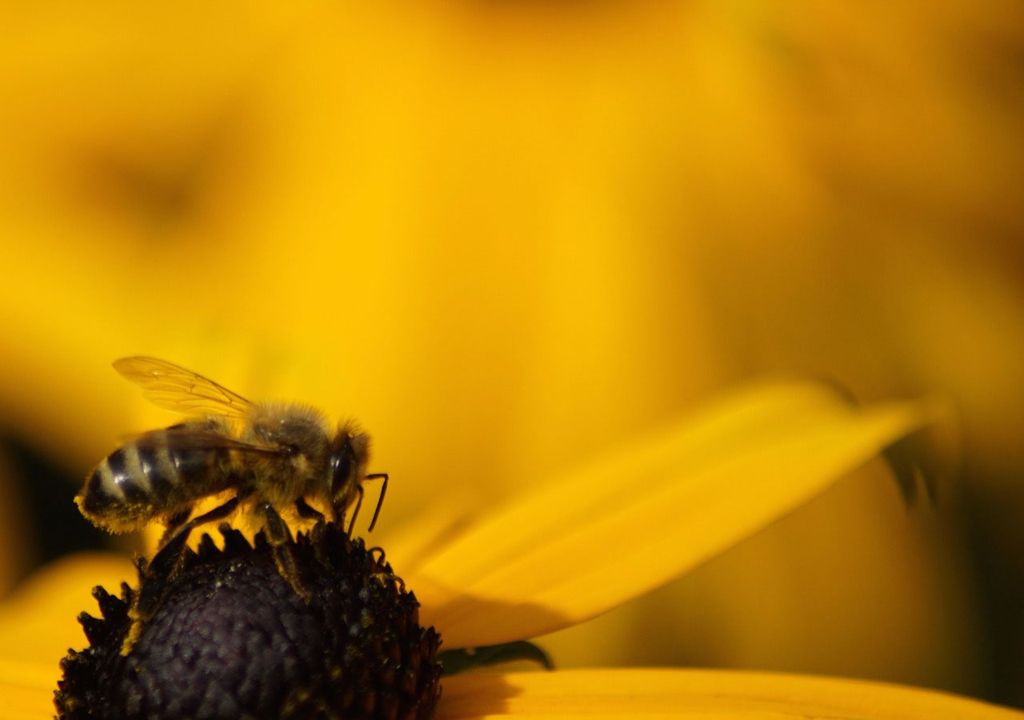
“To the Wasps play very important roles in ecosystems from all over the world. They are particularly important for agriculture, as pollinate hundreds of plant species and they can be excellent pest controllers (such as aphids and caterpillars) that damage crops. But most people don’t realize how valuable they are and simply see them as annoying pests at picnics, and so negative media stories reinforce these stereotypes,” said lead author Dr. Cintia Oi, also from the Center for Research in UCL Biodiversity and Environment.
Participants agreed that the media is an important vehicle for promoting conversations about the insects they study. Those who worked with the media, including wasp scientists, agreed that the resulting coverage tended to be more positive and that their own contributions have had a positive impact.
“Wasp scientists can change their image in the media by collaborating with journalists to help educate the public about the value of this much maligned insect and, hopefully, to increase support for conservation efforts,” Oi added.
News reference:
Hi CA; Brown, R.L; Sumner, S. Bee-Ing positive about wasp-negative media reporting: the opinions of scientists and their influence on the media. Insectes Sociaux, vol. 71, 2024.

